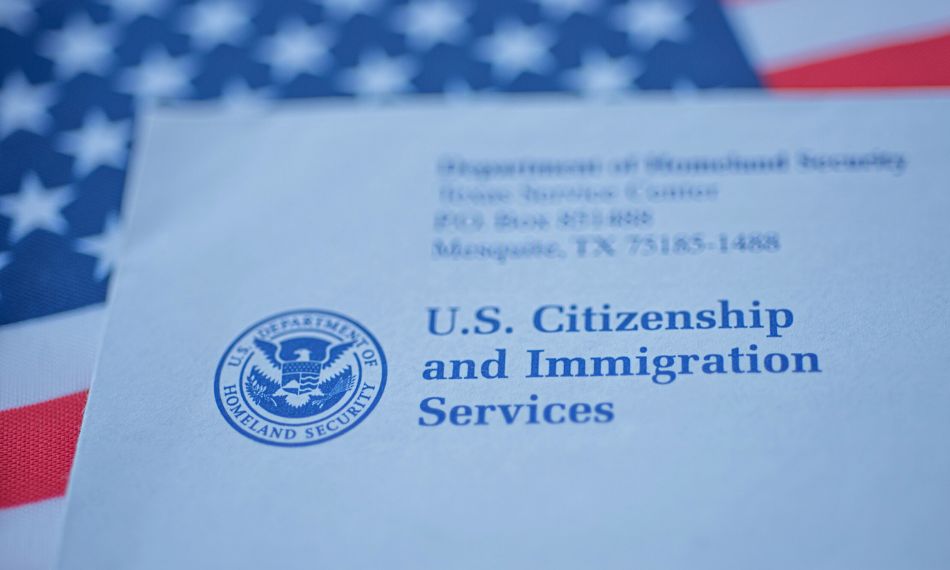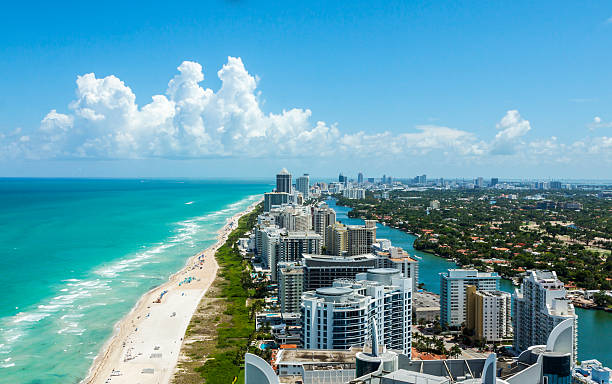The United States Department of State has released an updated travel advisory warning American citizens not to travel to 21 countries around the world. The warning cites heightened risks from violent conflicts, terrorism, and crime. This Level 4 advisory, which states “Do Not Travel,” is the most severe travel warning issued by the US government. It now includes nations such as Russia, Venezuela, Belarus, North Korea, Iran, Sudan, and Myanmar (also known as Burma).
Travel experts recommend checking the State Department’s website before booking international trips, as travel restrictions can directly impact insurance coverage and emergency evacuation services. The announcement comes amid rising global tensions and deteriorating security situations in multiple regions.
Countries Under The Level 4 “Do Not Travel” Advisory
The complete list of Level 4 countries includes Afghanistan, Belarus, Burkina Faso, Burma (Myanmar), Central African Republic, Democratic Republic of Congo, Haiti, Iran, Iraq, Lebanon, Libya, Mali, North Korea, Russia, Somalia, South Sudan, Sudan, Syria, Ukraine, Venezuela, and Yemen. Additionally, specific regions of Mexico face similar warnings due to crime and kidnapping risks, including the states of Colima, Guerrero, Michoacan, Sinaloa, Tamaulipas, and Zacatecas.
These advisories serve as more than mere suggestions. Travel insurance policies often exclude coverage for destinations under Level 3 or 4 warnings. Credit card travel protection benefits typically won’t apply in these high-risk locations. More importantly, Americans who choose to travel to these countries despite warnings may face limited or no consular assistance during emergencies, as US embassy services operate with restricted capacity in many of these nations.
Before planning any international trip in 2025, visit the State Department’s travel advisory website for the most current safety information. Consider registering with the Smart Traveler Enrollment Program (STEP) when traveling abroad, which allows the government to contact you during emergencies. Remember that conditions can change rapidly, so continue monitoring advisories even after booking your trip. Travelers with essential business in high-risk regions should consult security experts about additional precautions and contingency plans.





